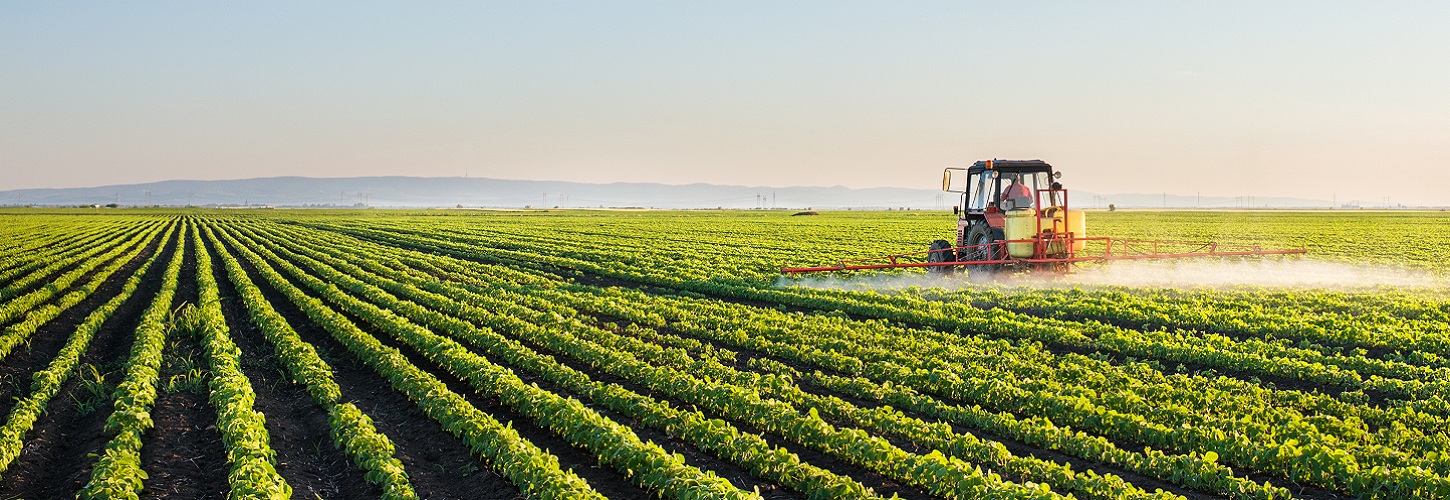IMPORTANCE OF AGRICULTURE TO THE SOCIETY
Agriculture has played a pivotal role in human civilization since the dawn of time. It encompasses the cultivation of crops, the rearing of animals, and the production of food, fiber, and other essential resources. Beyond its fundamental purpose of feeding the world’s population, agriculture holds immense importance to society in various aspects. This article delves into the critical significance of agriculture and highlights its multifaceted contributions to our global community.
1 Food Security and Nutrition:
Agriculture is the foundation of global food security. It ensures that an adequate supply of nutritious food is available for individuals, communities, and nations. Without sustainable agricultural practices, hunger and malnutrition would escalate, jeopardizing human health and well-being. By cultivating a diverse range of crops and employing efficient farming techniques, agriculture directly addresses the challenge of providing sustenance to a growing population.
2 Economic Development:
Agriculture serves as a driving force behind economic development in many countries. It provides employment opportunities, especially in rural areas, where a significant portion of the population depends on agricultural activities. Additionally, agriculture contributes to a nation’s gross domestic product (GDP) through exports of agricultural commodities, generating revenue and boosting trade. Furthermore, agricultural innovation and entrepreneurship lead to the development of agribusinesses, fostering economic growth and reducing poverty levels.
3 Environmental Sustainability:
Agriculture plays a crucial role in environmental sustainability. Sustainable farming practices, such as crop rotation, organic farming, and agroforestry, help preserve soil health, prevent erosion, and conserve water resources. By embracing sustainable approaches, agriculture can mitigate the negative impacts of climate change, promote biodiversity, and protect fragile ecosystems. Furthermore, the adoption of agroecological principles can reduce reliance on chemical inputs, promoting ecological balance and long-term sustainability.
4 Rural Development and Social Stability:
Agriculture is intricately linked to the development and well-being of rural communities. It provides livelihood opportunities, improves infrastructure, and contributes to the overall social fabric. By investing in agricultural development, societies can reduce rural-urban migration, alleviate poverty, and enhance living standards. Agriculture also fosters social stability by preserving cultural heritage and traditions associated with farming communities, promoting social cohesion and a sense of identity.
5 Energy and Resource Production:
In addition to food production, agriculture contributes to the production of renewable energy and other valuable resources. The cultivation of bioenergy crops, such as sugarcane and corn, enables the production of biofuels, reducing reliance on fossil fuels and mitigating greenhouse gas emissions. Moreover, agriculture serves as a source of raw materials for various industries, including textiles, pharmaceuticals, and construction, thereby supporting economic sectors beyond food production.
Conclusion:
The importance of agriculture to society cannot be overstated. It is an essential pillar for food security, economic development, environmental sustainability, rural development, and resource production. By recognizing and supporting the agricultural sector, governments, organizations, and individuals can foster a resilient and prosperous society. Embracing sustainable and innovative agricultural practices will ensure a harmonious coexistence between humans and the natural world, benefiting present and future generations alike. It is vital to appreciate and invest in agriculture, recognizing its pivotal role in shaping our society’s well-being and progress.

